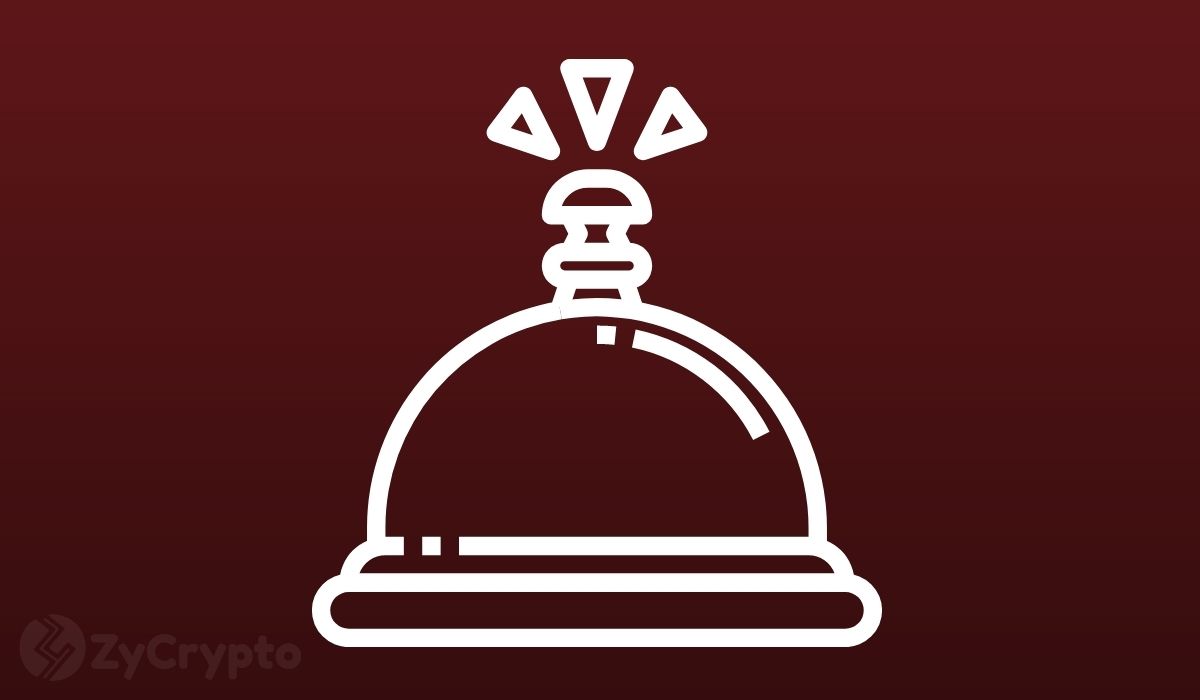The crypto community has been calling for establishing a workable regulation that will guide the industry in the United States and subsequently protect consumers while providing an appropriate framework to foster innovation. In light of this and recent confusion in the space, the SEC has mentioned recent plans to register and regulate crypto entities and assets.
SEC seeks to protect consumers by regulating crypto entities
In a video illustration on Twitter, SEC Chairperson Gary Gensler revealed that he had asked his staff to work with crypto entities to get them “registered and regulated” as a means of ensuring that the tens of millions of consumers trading in the space receive the sort of protection available in the traditional financial markets. “I’ve asked staff to work with the platforms to best ensure your assets are protected,” Gensler said.
Gensler further noted that, along the line, where necessary, assets that fit the SEC’s description of a security would need to be registered under the Securities Act. The SEC subjects assets to the renowned Howey Test to determine if they are securities, but crypto assets have been especially proving challenging to assess.
Gensler highlighted the “inherent conflicts of interest” that arise with crypto exchanges acting as market makers. He has also asked the SEC staff to examine the possibility of ruling out the market-making functions of crypto entities to ensure a fair trading environment.
Coinbase had asked the SEC to set up new securities laws for crypto assets
“There’s no reason to treat the crypto market differently just because a different technology is used,” said Gensler, “we ought to apply these same protections in the crypto markets. Let’s not risk undermining 90 years of securities law.”
 
 
Gensler’s consumer protection plan seems like a lifesaver with the recent scams and crashes in the crypto space that have resulted in the loss of billions of dollars in investor funds. However, the crypto community did not mainly receive his message gladly due to the SEC’s move to classify certain assets as “unregistered securities.”
The long legal battle between the SEC and Ripple Labs ensued because the SEC argues that XRP, Ripple’s native token, is a security and should have been appropriately registered. Following DOJ charges brought on an ex-Coinbase employee for his part in an insider trading scheme, the SEC has alleged that 9 of the assets involved are unregistered securities listed on Coinbase.
Coinbase replied by saying, “Coinbase does not list securities. End of story.” The SEC has also investigated the American exchange for possible “unregistered securities” listings. On July 21, Coinbase filed a petition to the SEC, asking the agency to set up appropriate, workable rules for crypto assets because “the existing rules for securities just do not work for digital assets.”
Read More: zycrypto.com









 Bitcoin
Bitcoin  Ethereum
Ethereum  XRP
XRP  Tether
Tether  Solana
Solana  Dogecoin
Dogecoin  USDC
USDC  Cardano
Cardano  Lido Staked Ether
Lido Staked Ether  TRON
TRON  Avalanche
Avalanche  Sui
Sui  Wrapped stETH
Wrapped stETH  Chainlink
Chainlink  Toncoin
Toncoin  Shiba Inu
Shiba Inu  Stellar
Stellar  Wrapped Bitcoin
Wrapped Bitcoin  Hedera
Hedera  Polkadot
Polkadot  WETH
WETH  Bitcoin Cash
Bitcoin Cash  Uniswap
Uniswap  Pepe
Pepe  Hyperliquid
Hyperliquid  Litecoin
Litecoin  LEO Token
LEO Token  Wrapped eETH
Wrapped eETH  NEAR Protocol
NEAR Protocol  Internet Computer
Internet Computer  Ethena USDe
Ethena USDe  USDS
USDS  Aptos
Aptos  Aave
Aave  Render
Render  Mantle
Mantle  Bittensor
Bittensor  POL (ex-MATIC)
POL (ex-MATIC)  Cronos
Cronos  Ethereum Classic
Ethereum Classic  Artificial Superintelligence Alliance
Artificial Superintelligence Alliance  Virtuals Protocol
Virtuals Protocol  WhiteBIT Coin
WhiteBIT Coin  Arbitrum
Arbitrum  MANTRA
MANTRA  Monero
Monero  Tokenize Xchange
Tokenize Xchange